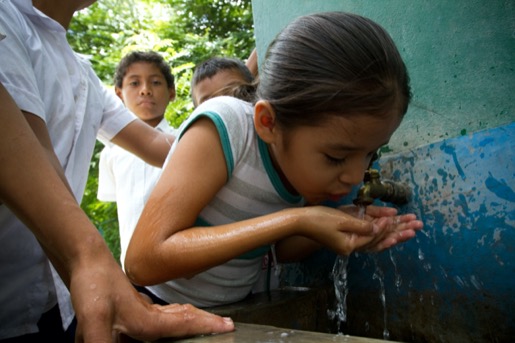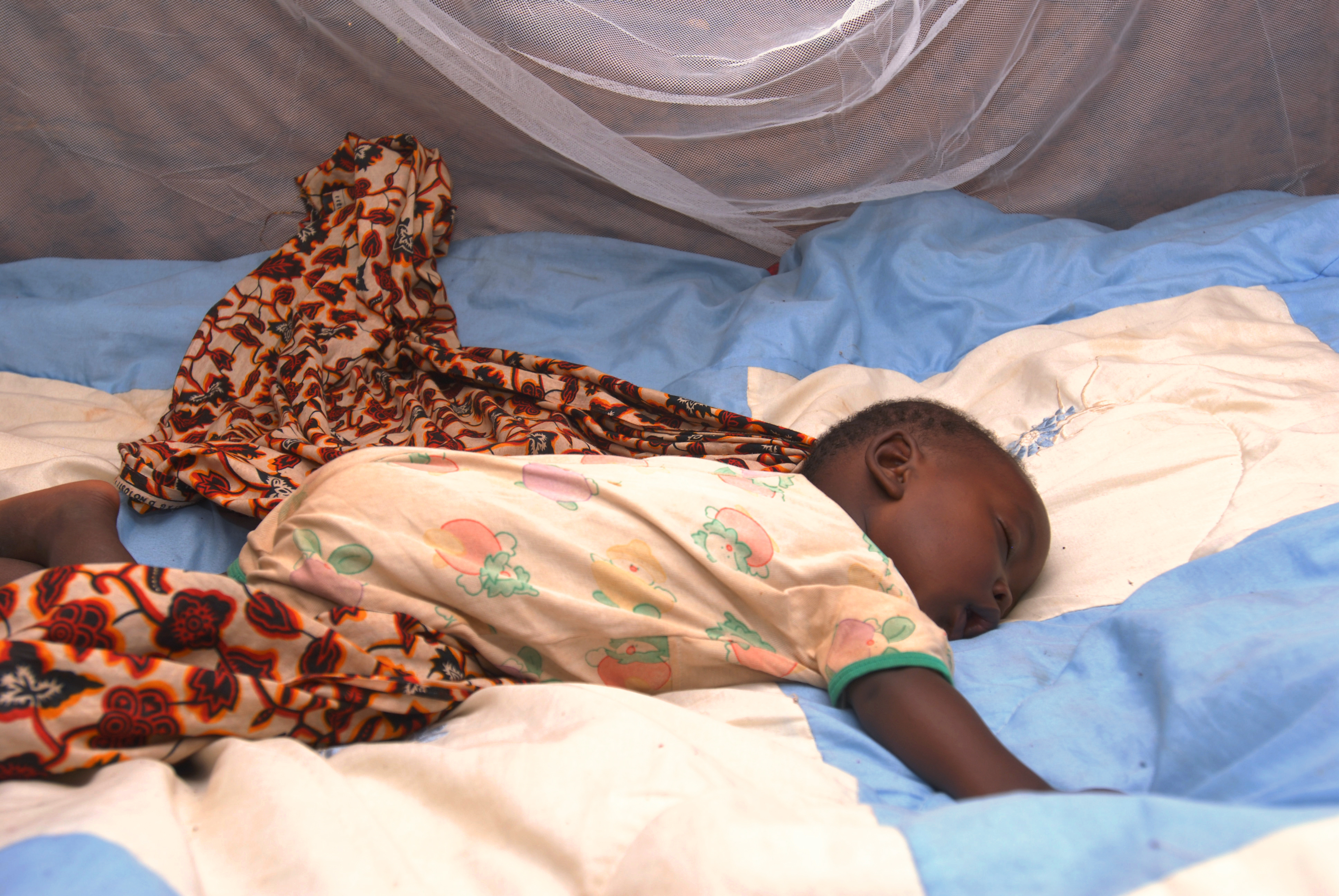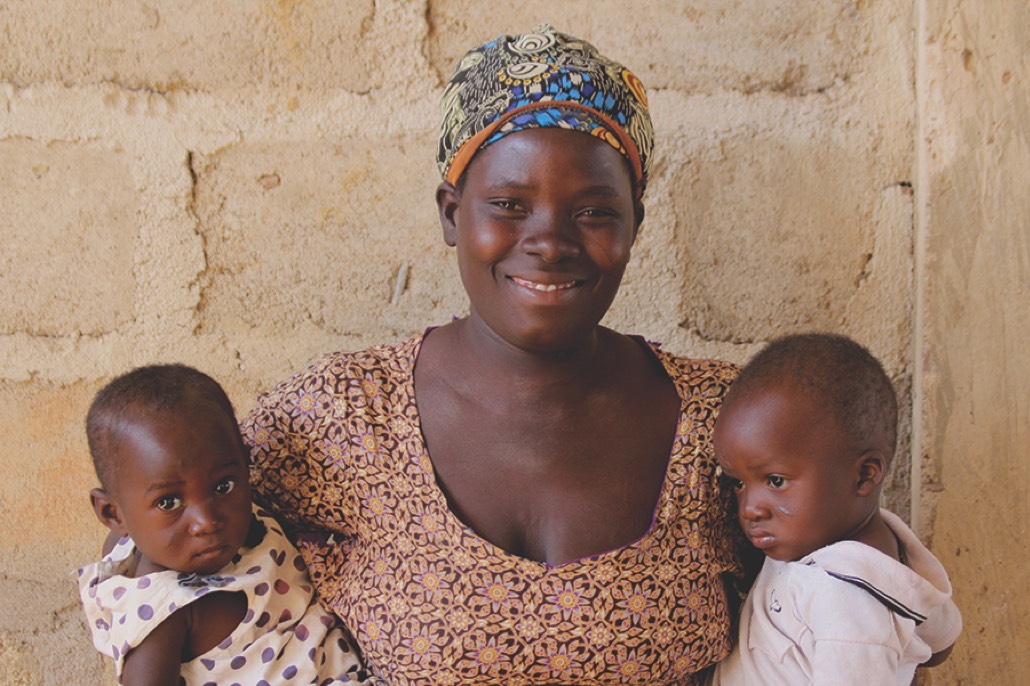When Entrepreneurship Meets Community Need
The acrid smell of unwashed bodies and dirty homes used to hang over Chiseyu village in Tanzania like a curse. “We washed clothes with ash and water,” recalls Elika, a 53-year old grandmother, rubbing her rough fingertips together. “Our children suffered rashes, our homes smelled, but what could we do?”
That all changed in 2024 when Elika’s Savings & Loan Group made a radical decision. With the
support of our partner, The Diocese of Central Tanganyika, they took TZS 40,000 ($14.93)
from their collective savings — enough to make most members nervous — and purchased
coconut oil, caustic soda and fragrant lemon oil to start making their own soap.
This new system guarantees him a reliable irrigation system all summer long — and he’s no longer dependent on fuel to make sure his crops get enough water. Energized, Fanor has been teaching his neighbors how to micro-dam their own farms, creating a network of farmers who can lean on one another for transformative knowledge and resources.
Their gamble paid off spectacularly. That initial investment yielded 60 liters of premium-quality
liquid soap and a whopping 275% return on investment, tripling their original loan fund,
and supplied soap for 20 families. The health impacts have been dramatic. Childhood skin
infections in members’ families have dropped by an estimated 80%. “Our babies no longer
cry from soap burns,” Elika notes proudly.
Looking ahead, the group is experimenting with new product lines like medicated soaps,
laundry detergent sachets and bulk sales to local schools.
As Elika stirs a fresh batch, the rhythmic swish of her wooden paddle echoes through the
open-air workshop. “This soap cleans more than dirt,” she reflects. “It’s washing away
our helplessness.”
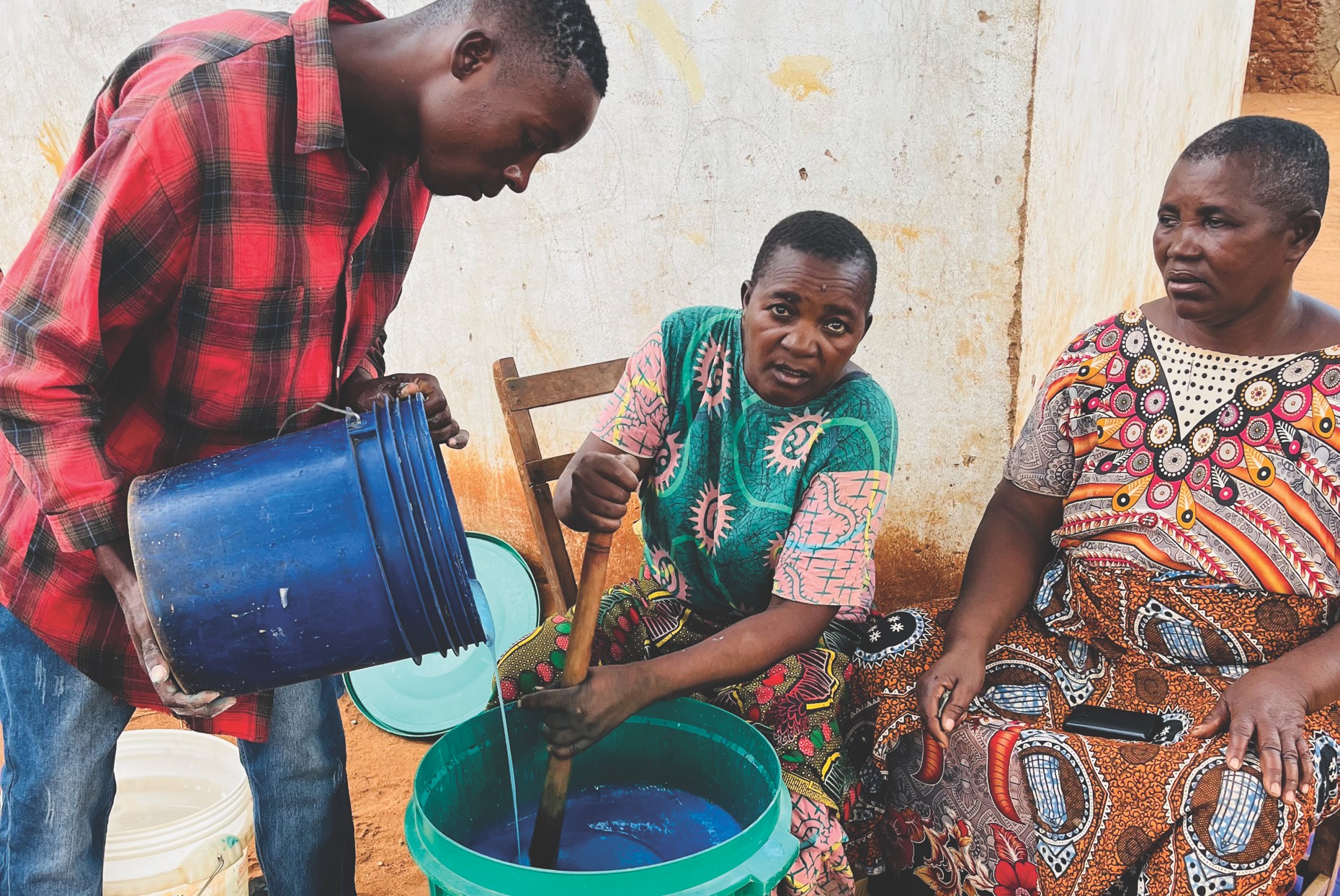
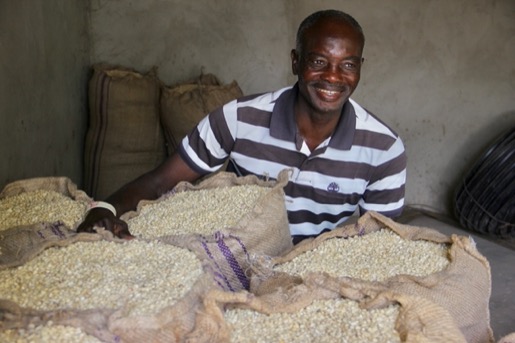
Seeds, Tools & Training
Communities can thrive with seeds, climate-smart agricultural training and quality farming tools to cultivate a sustainable food supply.
$45 (for a share)
